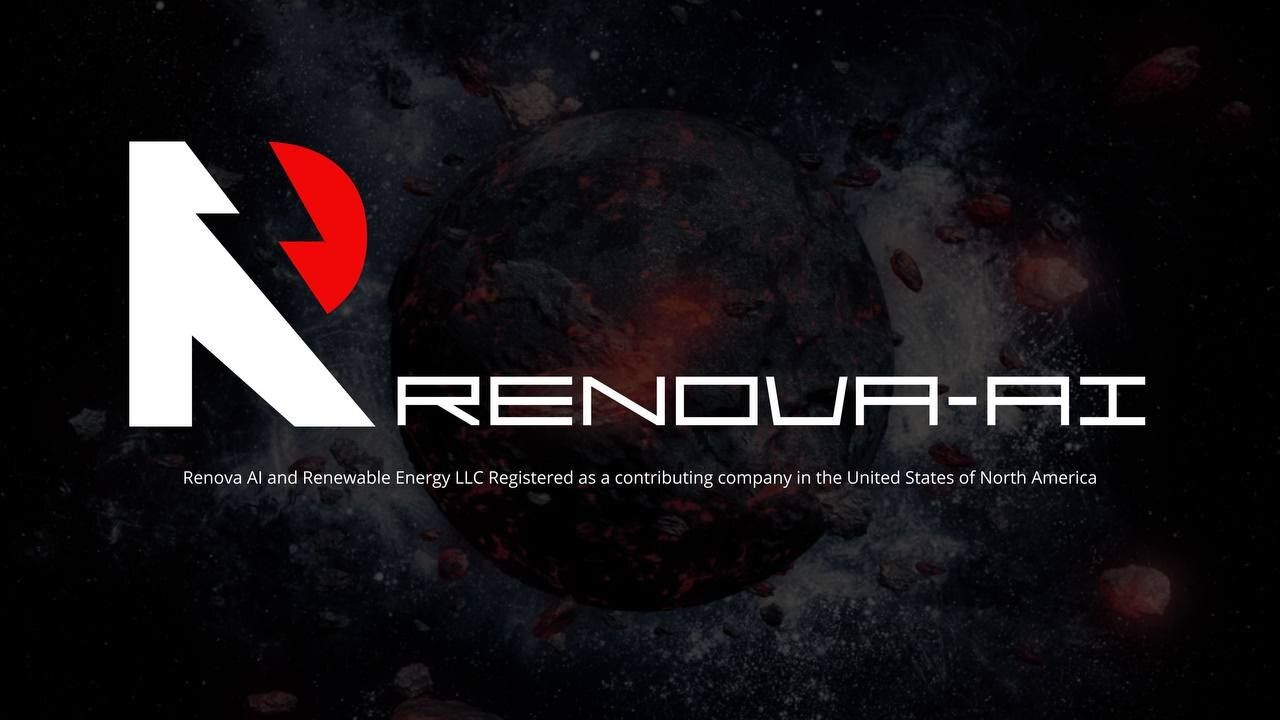Pump.Fun Revenue Skyrockets to $5.33M, But at What Cost to Users?
- Pump.Fun achieves a record-breaking $5.33 million in daily revenue.
- Despite financial success, user dissatisfaction grows over perceived unfairness.
- The platform’s model raises questions about the sustainability and ethics of meme coin launches.
The Pump.Fun Phenomenon
Pump.Fun, a Solana-based meme coin launchpad, has become a juggernaut in the crypto space, recently smashing revenue records with a staggering $5.33 million in a single day. This figure not only outstrips the combined daily revenue of Ethereum and Solana but also underscores the platform’s dominance in the meme coin market.
Pump.Fun charges a 1% fee on trades and a $2 fee for token launches when they reach sufficient liquidity to be listed on Raydium, a decentralized exchange.
The User’s Dilemma
While Pump.Fun’s financial success is undeniable, there’s a growing chorus of discontent among its user base:
- Frustration Over Losses: Many users have voiced their frustration on platforms like X, with sentiments like “The money always ends up in the hands of the few and it’s not you,” highlighting a common grievance where the platform profits while users often lose out.
- The Scam Factor: An estimated 95% of tokens launched on Pump.Fun are scams, where developers manipulate the market by buying and then dumping tokens, leading to a cascade of sales that benefit only the early movers.
Economic Insights
Pump.Fun uses a step function bonding curve to manage token prices, aiming for stability but inadvertently creating a system where early participants have a significant advantage.
The platform’s success in revenue generation is partly due to the low cost of token creation on Solana, attracting both genuine creators and scam artists.
Conclusion: The Crypto Paradox
Pump.Fun’s story is emblematic of the broader crypto market’s paradox: while innovation and opportunity abound, the system often favors those who understand or control the mechanisms, leaving many participants feeling exploited. This narrative of high revenue amidst user dissatisfaction underscores the need for more equitable models in decentralized finance or at least better education for users about the risks involved.
© 2024 Cryptopress. For informational purposes only, not offered as advice of any kind.
Latest Content
- Crypto Market Analysis: Bitcoin, Ether, and Tariff Impacts
- Renova (RVA) Completes 90% of Its Presale at a Price of $0.008 and Announces Upcoming Listing at $0.06 on Platforms such as KuCoin, Huobi, LBank, Kraken, and Bybit
- US Commerce Department Publishes GDP Data on Nine Blockchains in Proof-of-Concept
- The 2nd Edition of the CoinFerenceX Decentralized Web3 Summit: Builders, Investors, and Developers Meet Again to Shape The Web Space
- Google Cloud Unveils Universal Ledger: A Neutral Layer-1 Blockchain for Financial Institutions
Related
- Pump.Fun Hacker Arrested Jarett Dunn, a former Pump.fun employee, has been arrested in connection to a $1.9 million exploit on the Solana-based memecoin marketplace....
- The Meme Coin Phenomenon on Solana: A Double-Edged Sword The rise of meme coins on Solana, their explosive popularity, potential risks, and surprising impact on the blockchain....
- MicroStrategy Announces Second Quarter 2021 Financial Results July 29, 2021 04:01 PM Eastern Daylight Time TYSONS CORNER, Va.–(BUSINESS WIRE)–MicroStrategy® (Nasdaq: MSTR), the largest independent publicly-traded business intelligence company, today announced financial results for the three-month period ended June 30, 2021 (the second quarter of its 2021 fiscal year)....
- Memecoins and Telegram Bots Drive DeFi Revenue to New Heights A new trend is taking the industry by storm....







